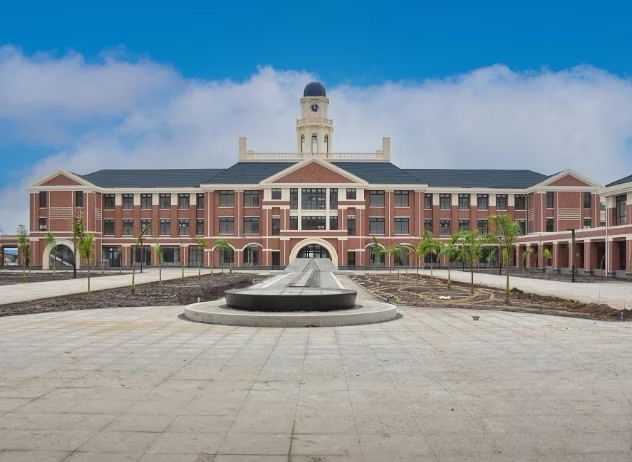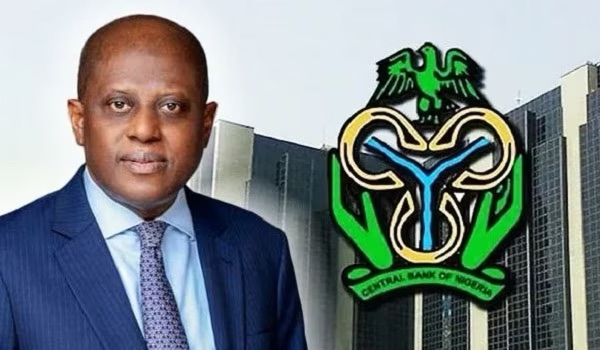The recent revelation of the N30 million annual tuition fees charged by Charterhouse, a prestigious private school in Nigeria, has sparked widespread debate among Nigerians. The school, known for its elite status and high-quality education, has drawn both praise and criticism from different quarters. While some argue that the fees are justified by the top-notch facilities and academic standards offered, others believe the amount is exorbitant and raises concerns about educational inequality in the country.
Critics argue that such high fees contribute to the widening gap between the rich and the poor in Nigeria. Many question how accessible quality education is for the average Nigerian family when schools like Charterhouse are unaffordable to the majority. They fear that such schools are becoming exclusive clubs for the wealthy, further entrenching class divisions in society. This has led to renewed calls for government intervention to improve public education, ensuring that every child has access to quality learning opportunities regardless of their family’s financial status.
On the other hand, supporters of Charterhouse’s fees highlight the significant costs involved in maintaining international standards of education. They point to the school’s state-of-the-art infrastructure, highly qualified teachers, and a curriculum that prepares students for global competitiveness. According to them, the fees reflect the value of the services provided, and parents who can afford it have the right to choose the best educational path for their children.
The debate also touches on the broader issue of the commercialization of education in Nigeria. Many believe that the rise of expensive private schools shows a failure in the public education system, which drives parents to seek alternatives at any cost. Analysts suggest that if the government prioritizes improving public schools, it could reduce the pressure on families to enroll their children in costly private institutions.
As discussions continue, the issue of Charterhouse’s N30 million fees has highlighted the need for a balanced approach to education in Nigeria. While it is essential to recognize the importance of high-quality private education, the government must also ensure that public schools are adequately funded to provide affordable and competitive learning environments for all students.





